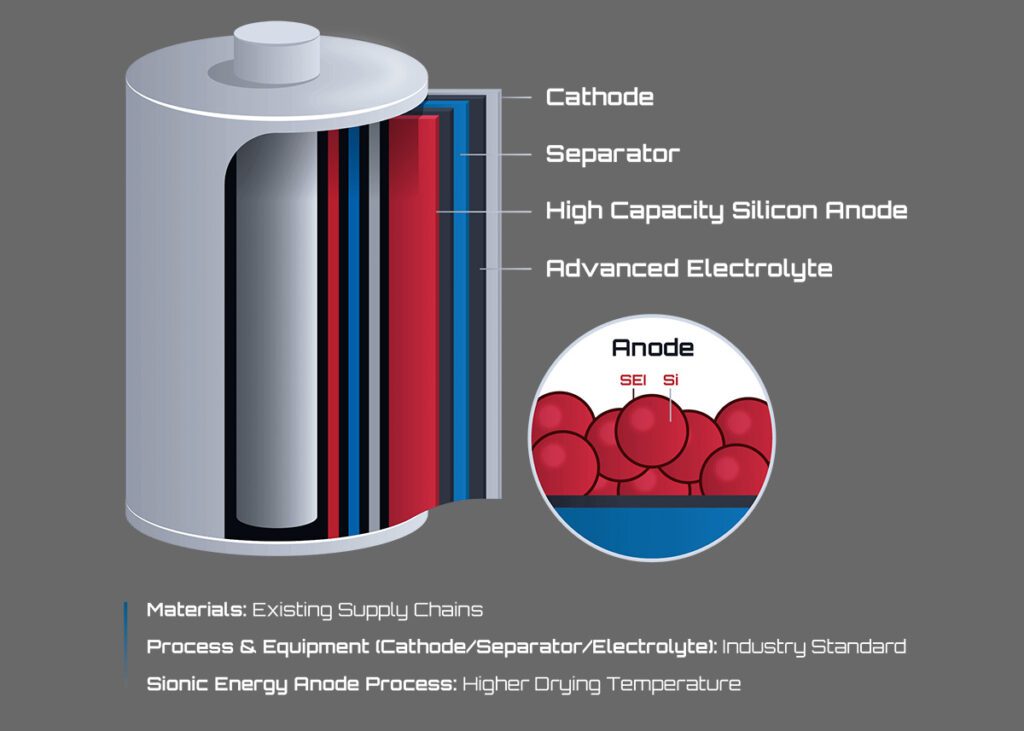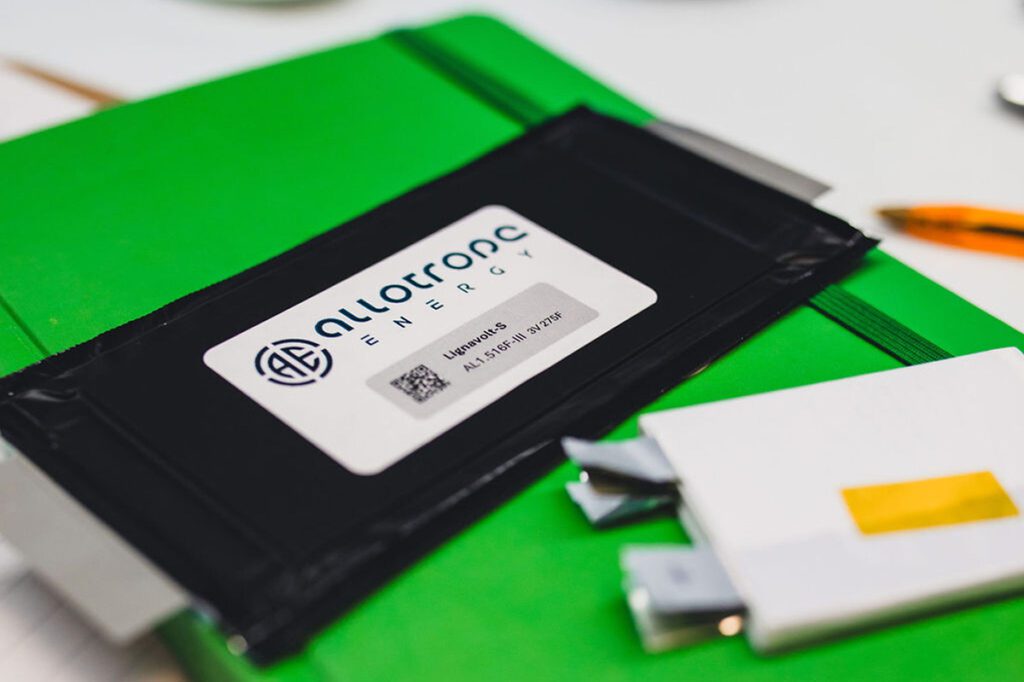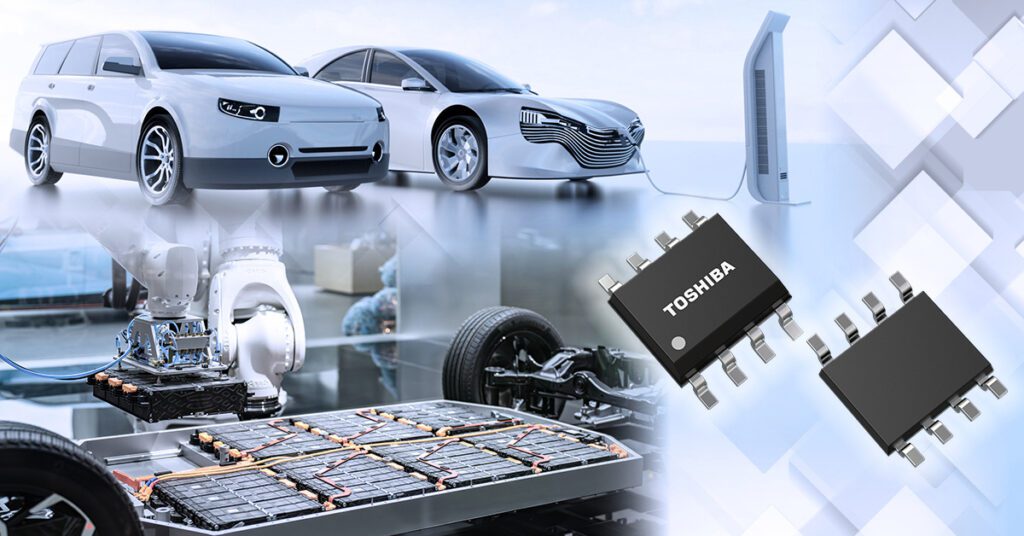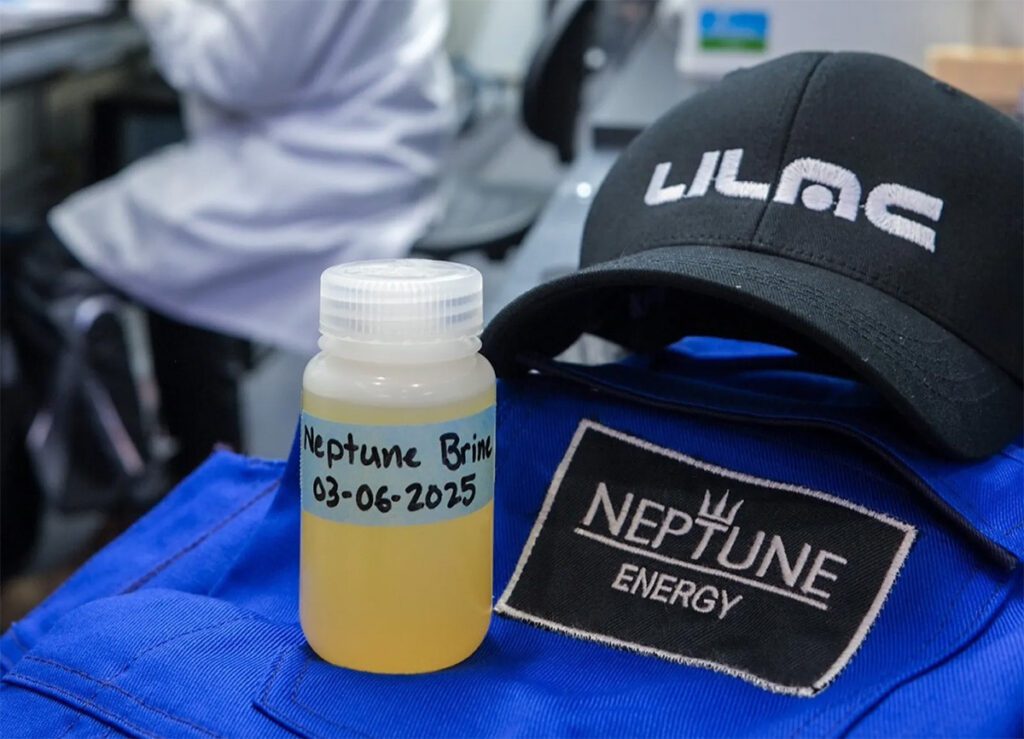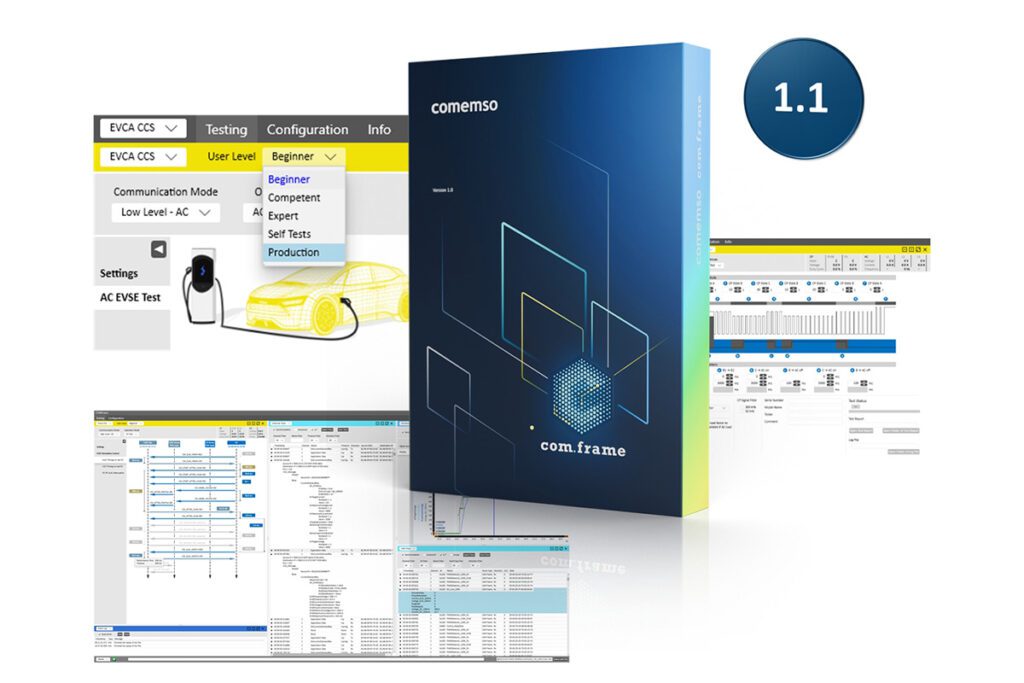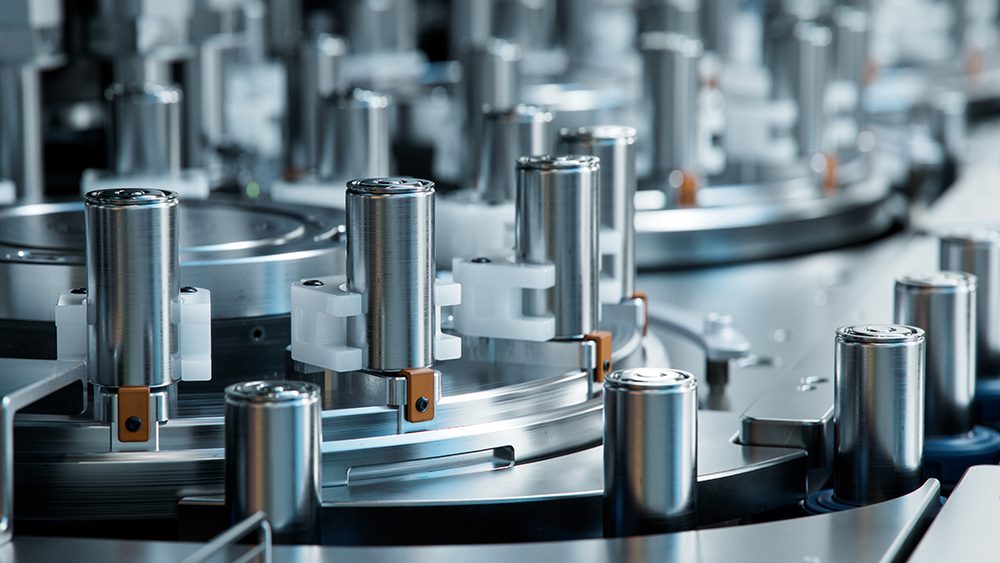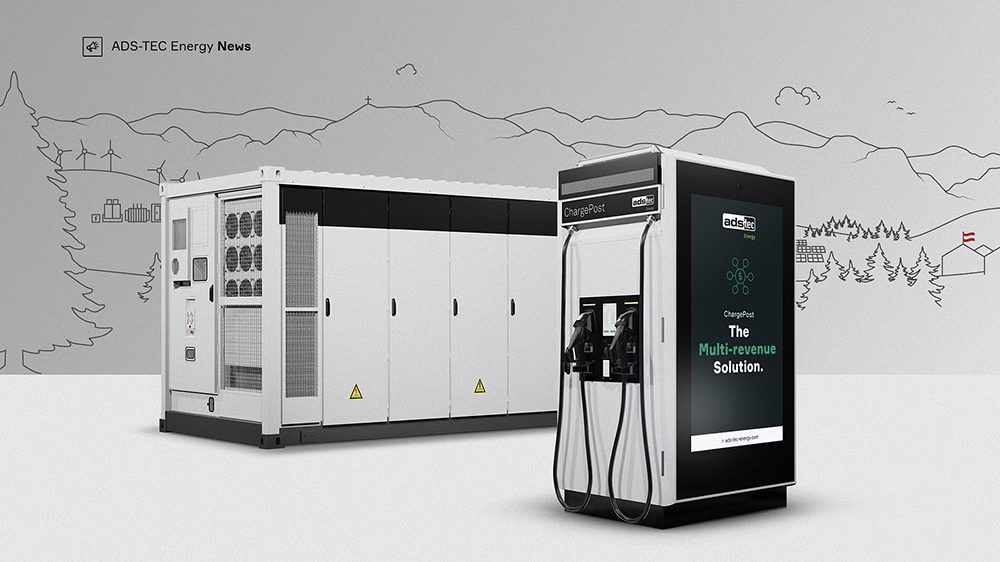For the past few years, automotive pundits have been puzzling over the question of how one of the industry’s most innovative companies somehow failed to emerge from the 20th century. Toyota’s Prius was a historic vehicle, an important milestone on the road to electrification—and it’s sold a few million units to boot.
More recently, alas, Toyota’s competitors have left it behind like an ICE car sitting at a red light. The company’s only current US EV offering, the lackluster bZ4X, has been beset by problems—it sold a measly 1,220 units last year in the US—less than 1% of the company’s total auto sales. Meanwhile, InfluenceMap recently listed the onetime environmental leader as one of The World’s Most Obstructive Companies on Climate Policy, in the company of oil giants such as Chevron and ExxonMobil.
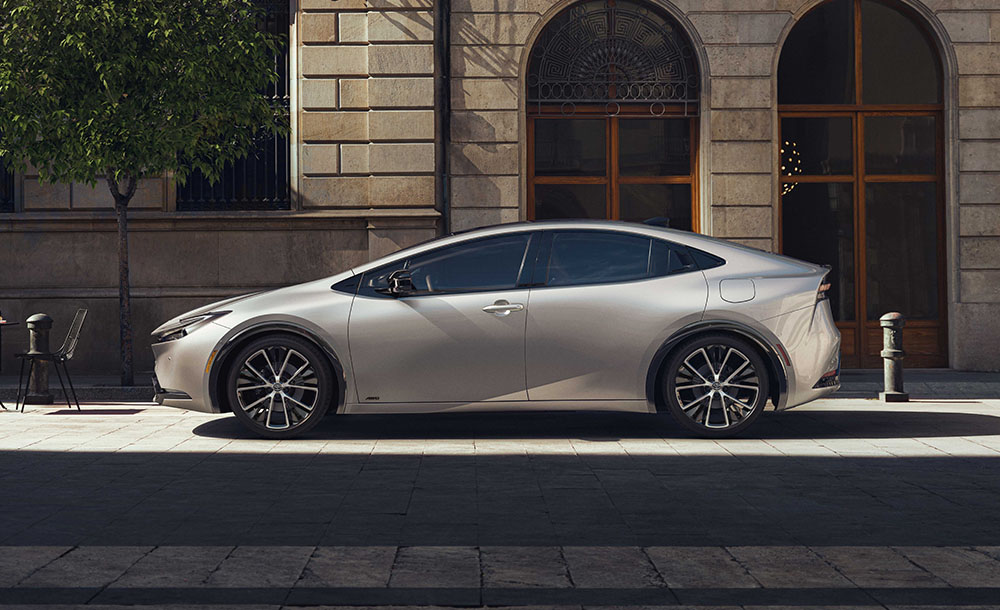
So when longtime CEO Akio Toyoda, the 66-year-old grandson of the company’s founder, recently passed the title of President on to 53-year-old Lexus Chief Branding Officer Koji Sato, EV boosters were hopeful that this would signal a change in strategy. (Toyoda will move to the position of Toyota’s Chairman of the Board.)
Toyoda announced that one of the reasons he appointed Sato was his ability to “promote change,” and Sato himself spoke of “accelerating the shift to electrification.” EV enthusiasts cheered.
More recently, the chorus booed when Toyota Chief Scientist Gill Pratt, speaking at the World Economic Forum in Davos, argued that producing a mix of powertrain options will result in greater emissions reductions than producing all EVs (as reported by Automotive News, via Green Car Reports).
The premise, which Toyota originally presented in 2021, is that there is a limited supply of lithium for batteries, so using the available lithium to make many smaller hybrid battery packs instead of a few larger EV packs would result in greater overall emissions reduction. By Toyota’s calculations, a fleet of 100 cars that included one EV with a single 100 kWh pack, and 99 ICE vehicles, would have average emissions of 248.5 g/km, whereas the same amount of lithium could equip 90 hybrids with 1.1 kWh battery packs, resulting in average emissions of 205 g/km.
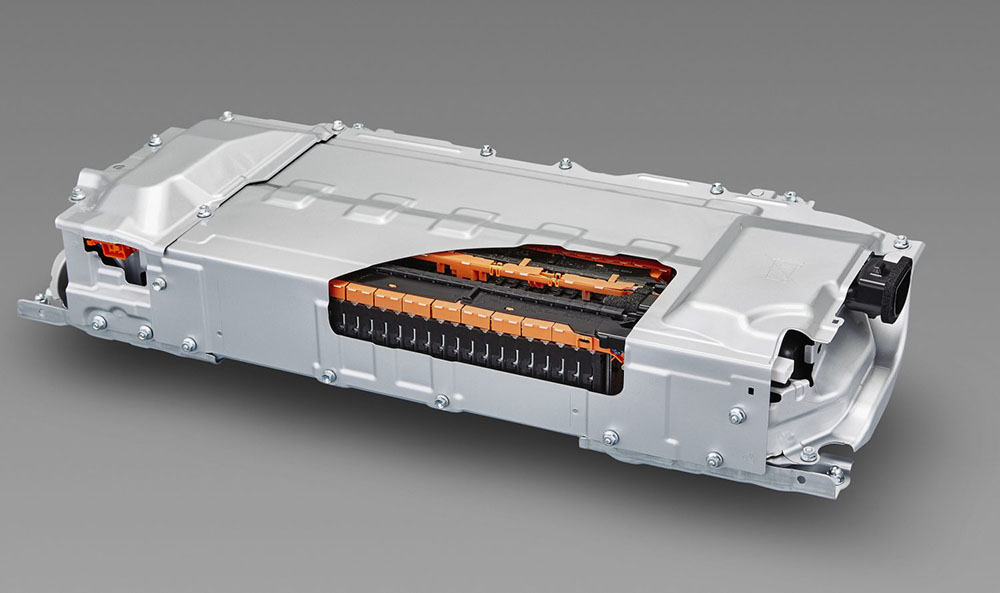
Well, maybe. We’ll leave the line-by-line analysis to others, and will simply note that there are a lot of variables in that equation, and a number of self-serving assumptions about the future that may or may not prove correct. In any event, the rising global sales of BEVs, combined with tightening regulations in key markets, present a challenge to Toyota’s market share, be the emissions reductions what they may.
Pratt correctly notes that Toyota is investing in EVs, even as he argues for “diverse solutions” that include hybrids, hydrogen vehicles and continued production of ICEs. There are pro-EV and anti-EV factions at all the major automakers, and even as Toyota execs have ridiculed EVs, and its lobbyists have fought against climate regulation, the company is boosting battery production and researching V2G tech and solid-state batteries.
Will the change in Toyota’s executive suite lead to a change in its EV strategy? That remains to be seen.
Sources: Electrek, Green Car Reports, Automotive News








































